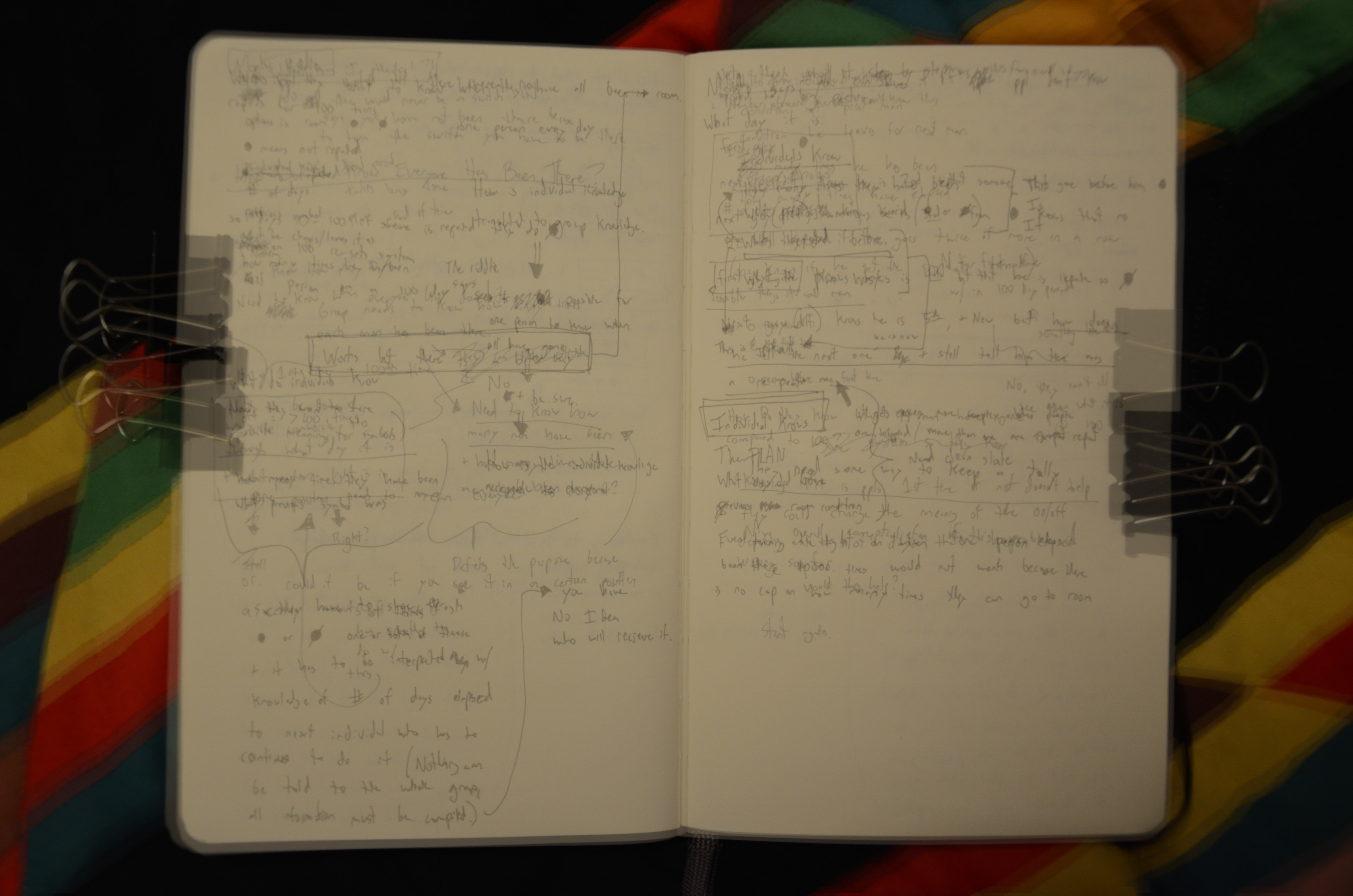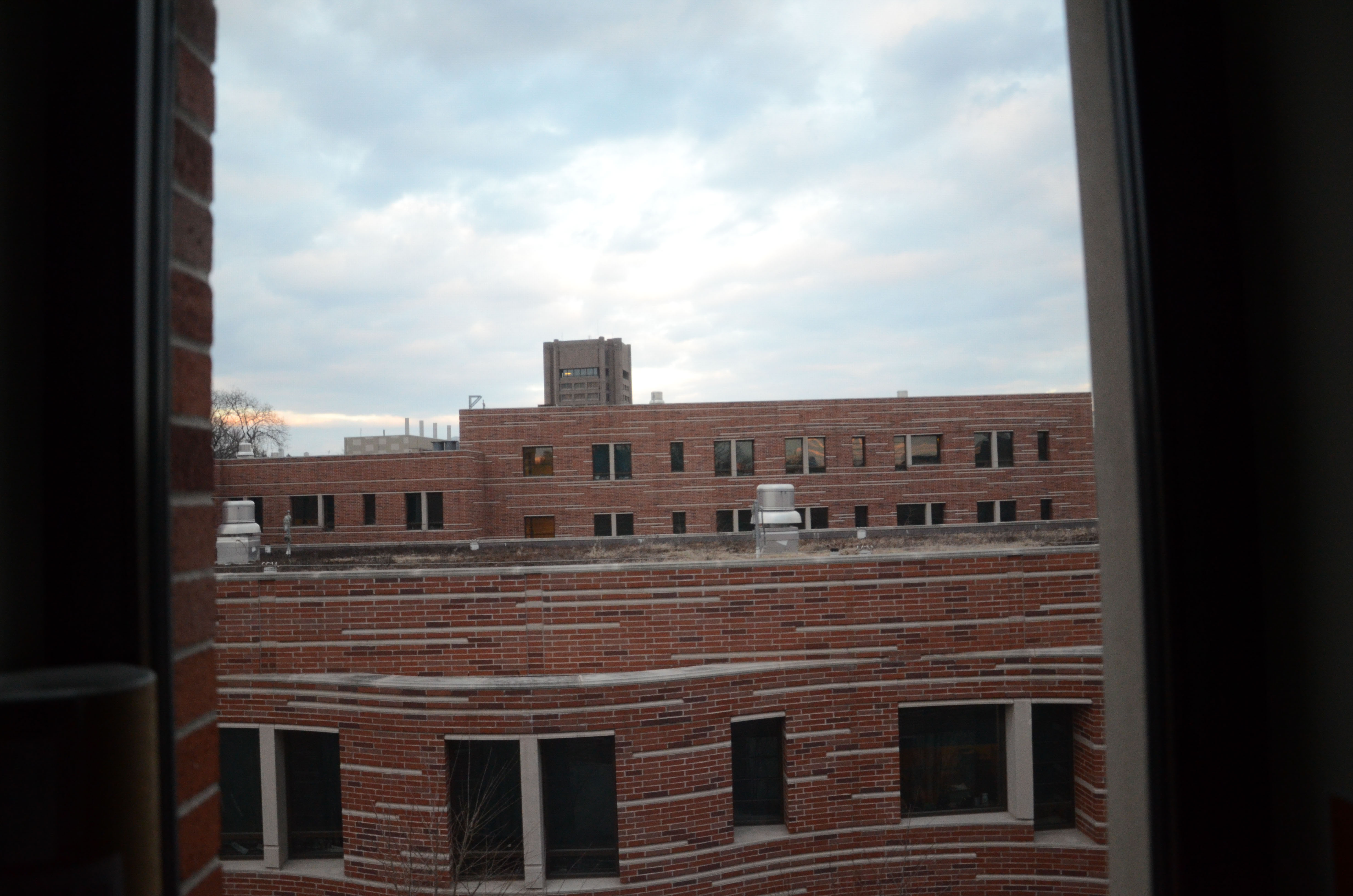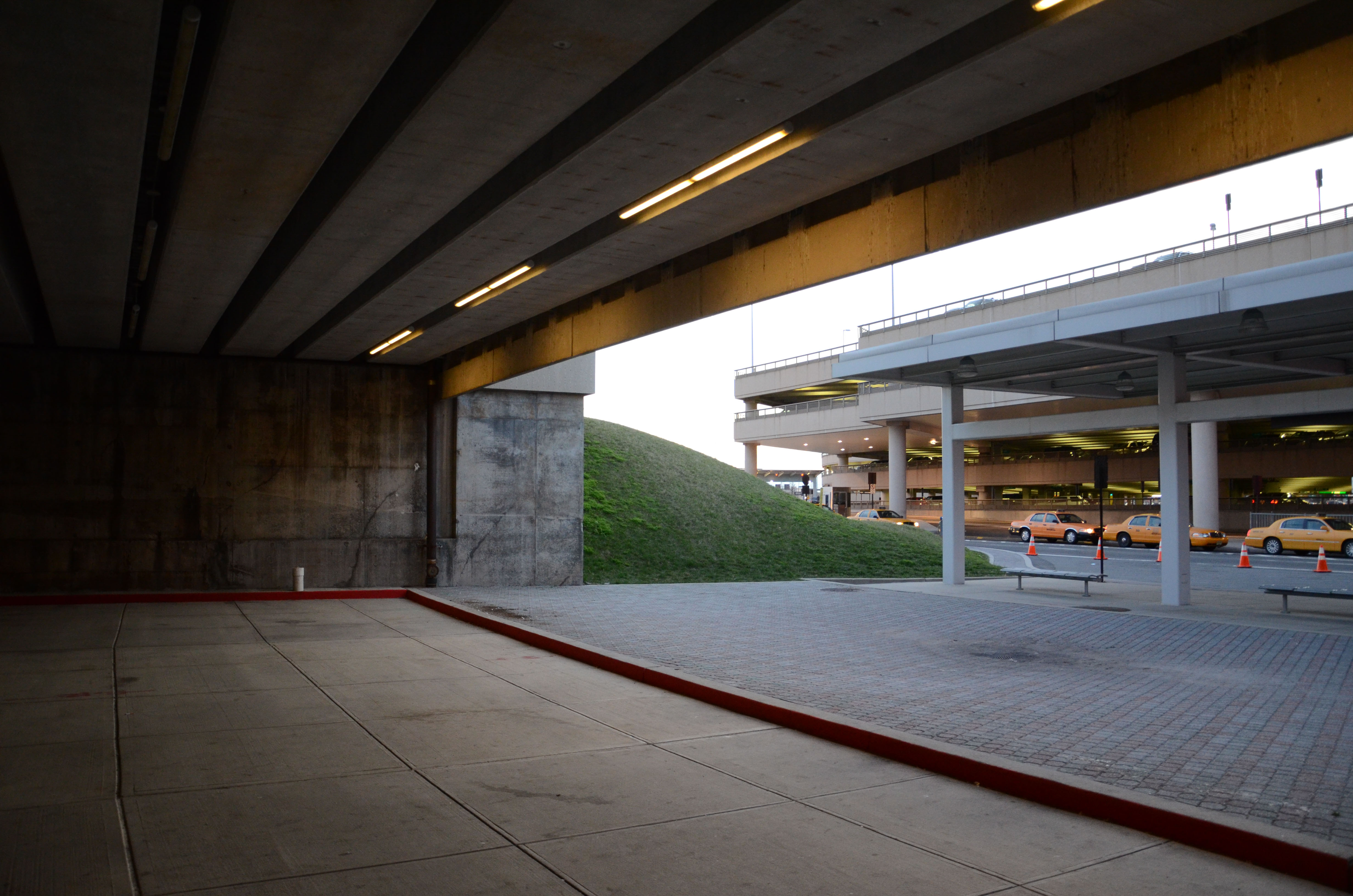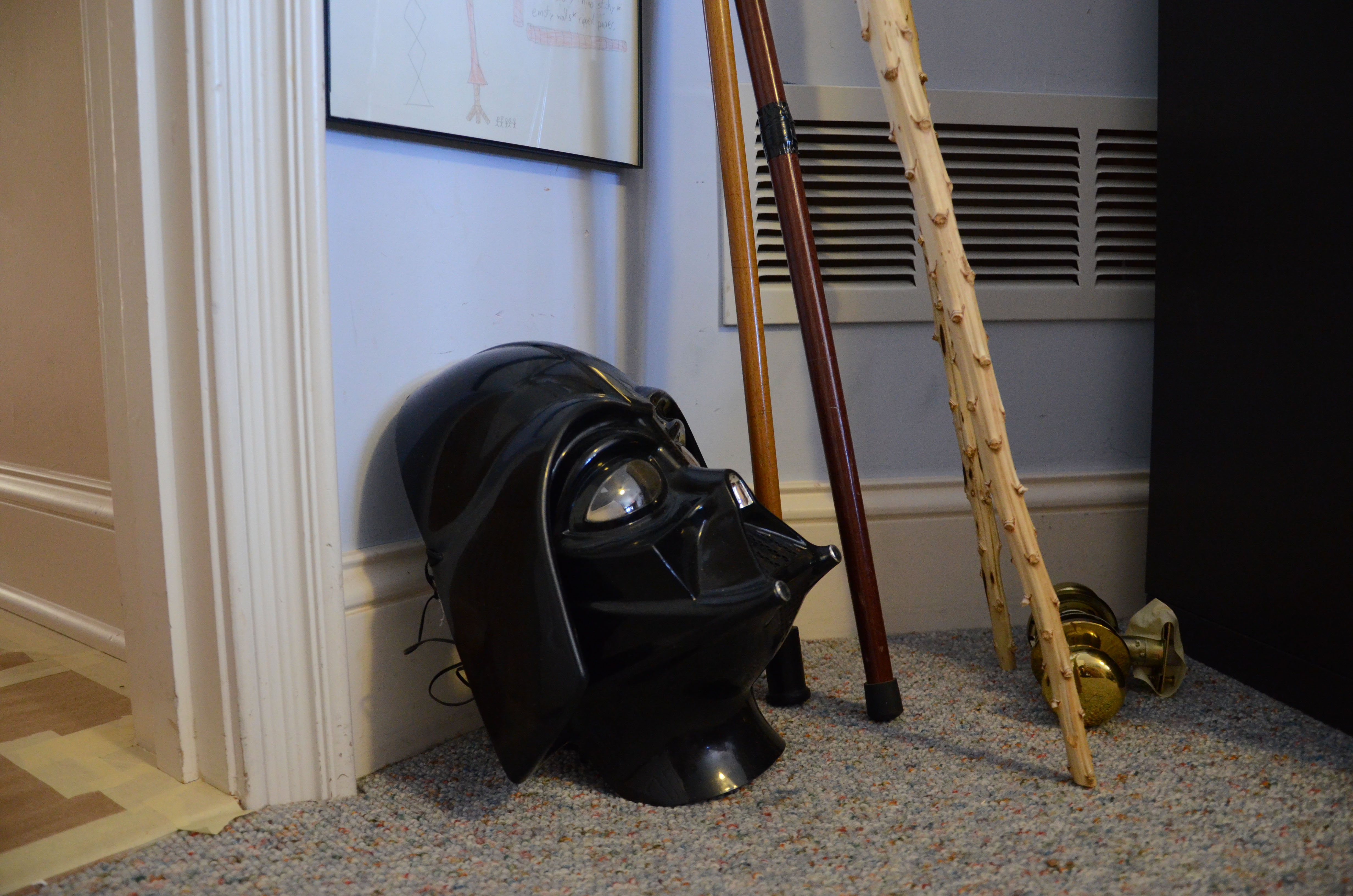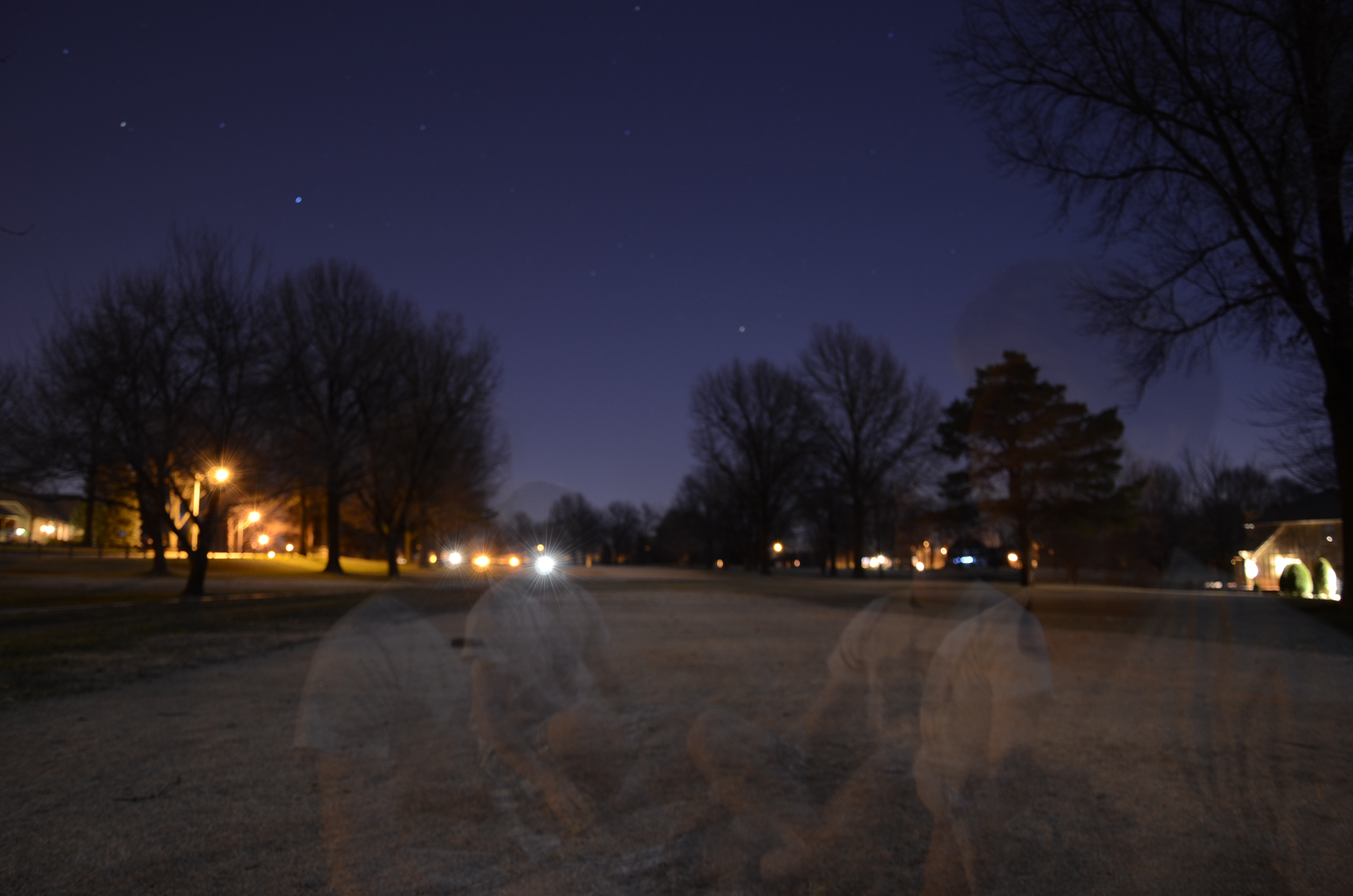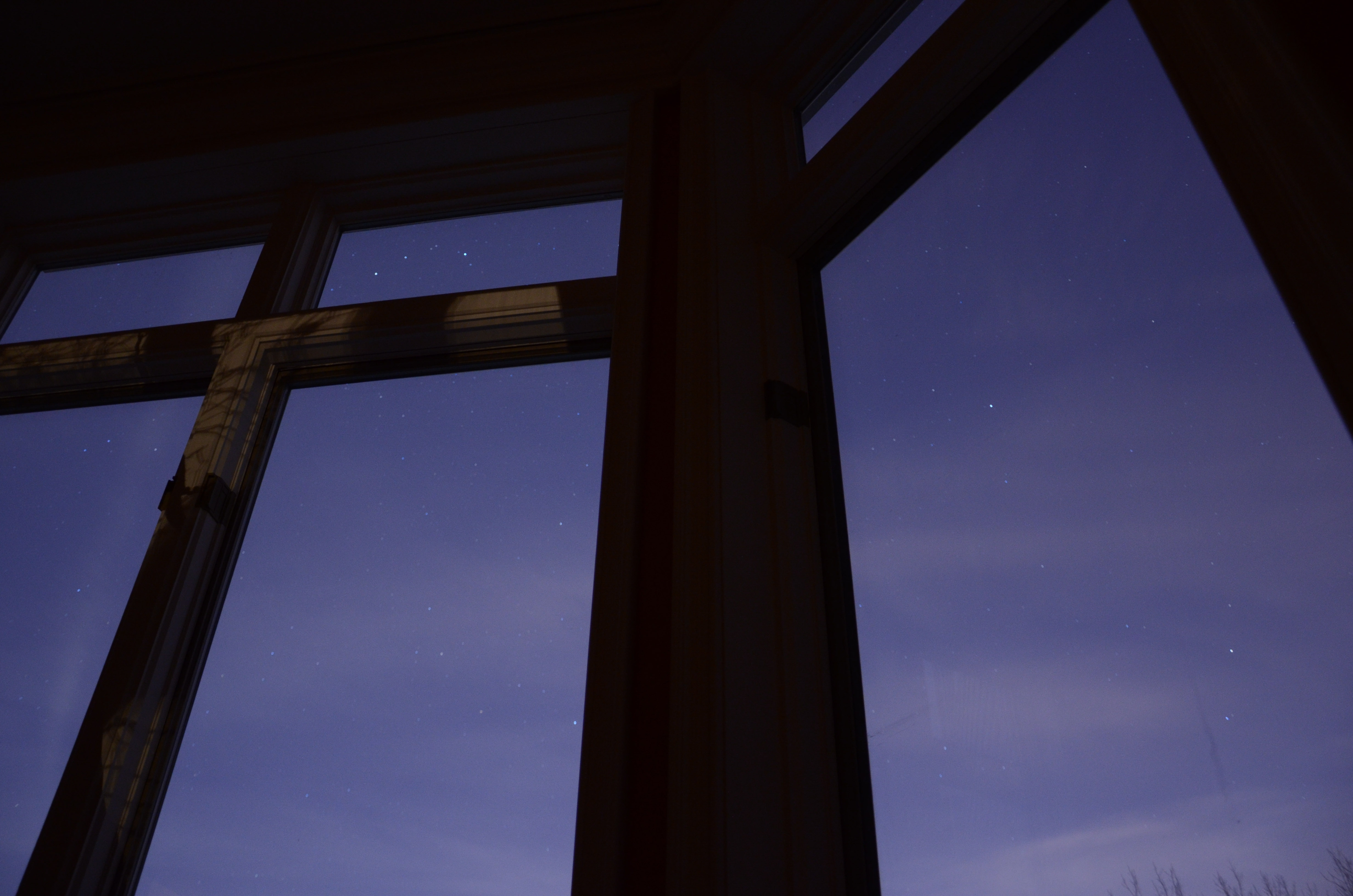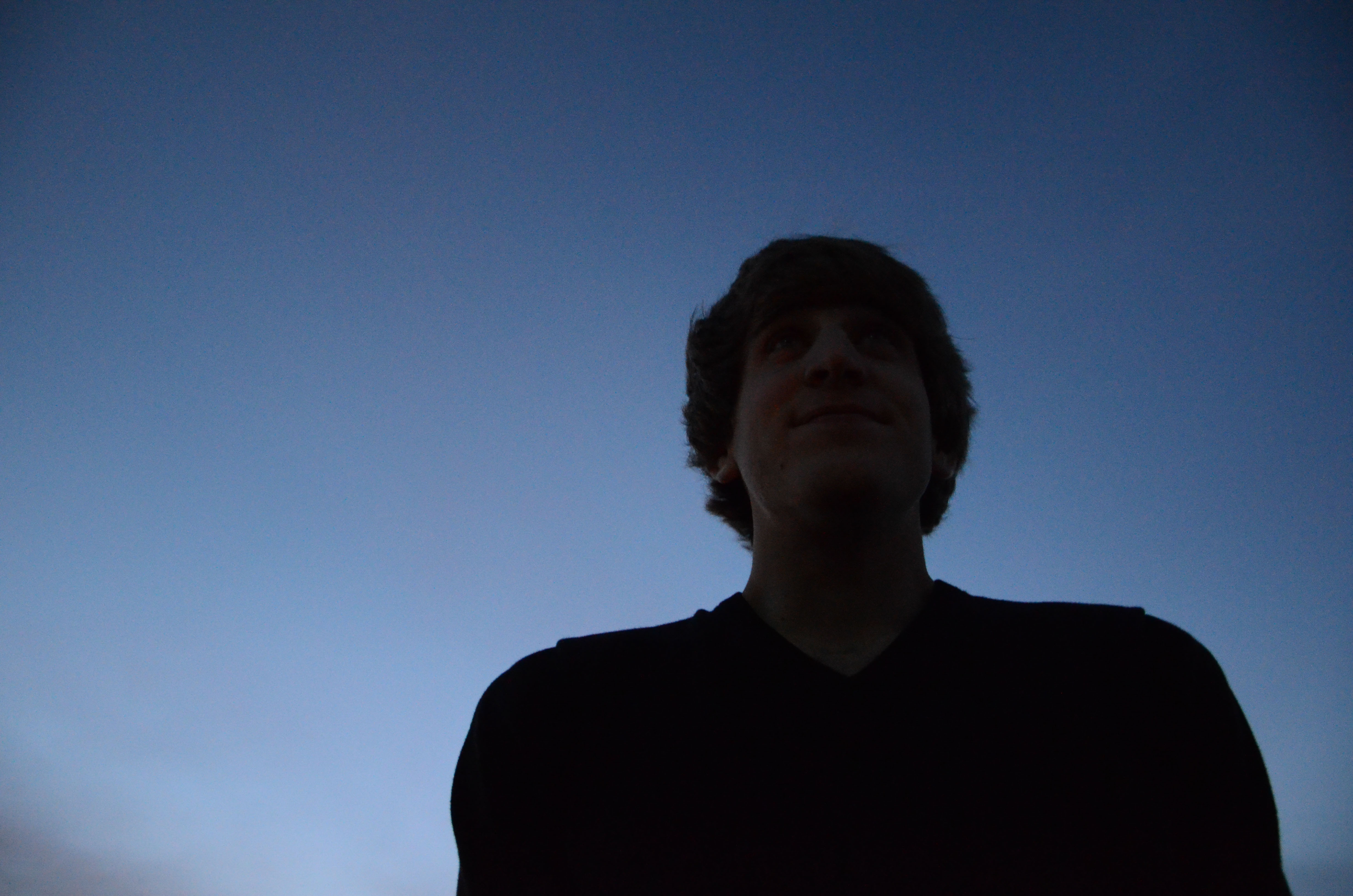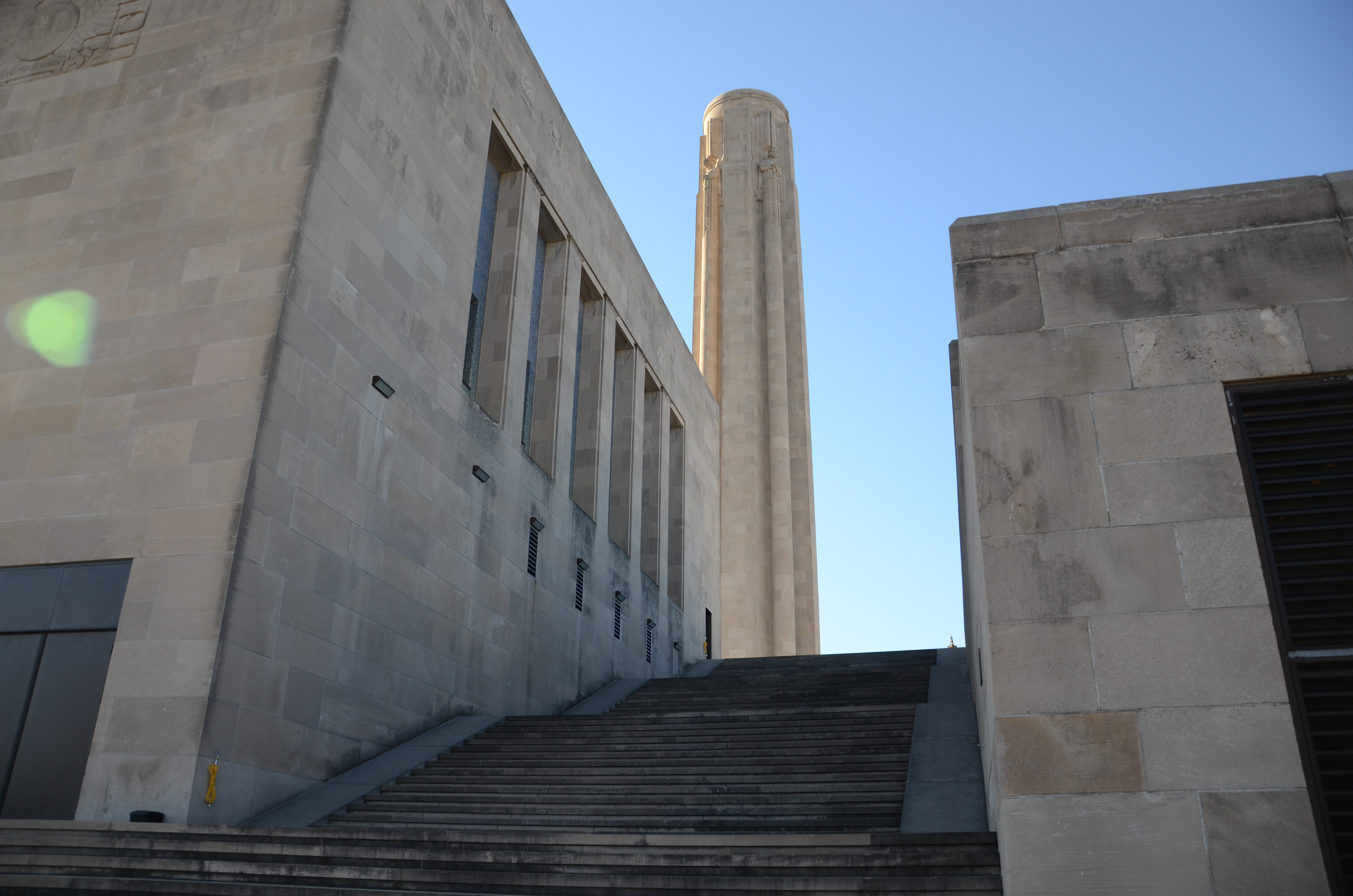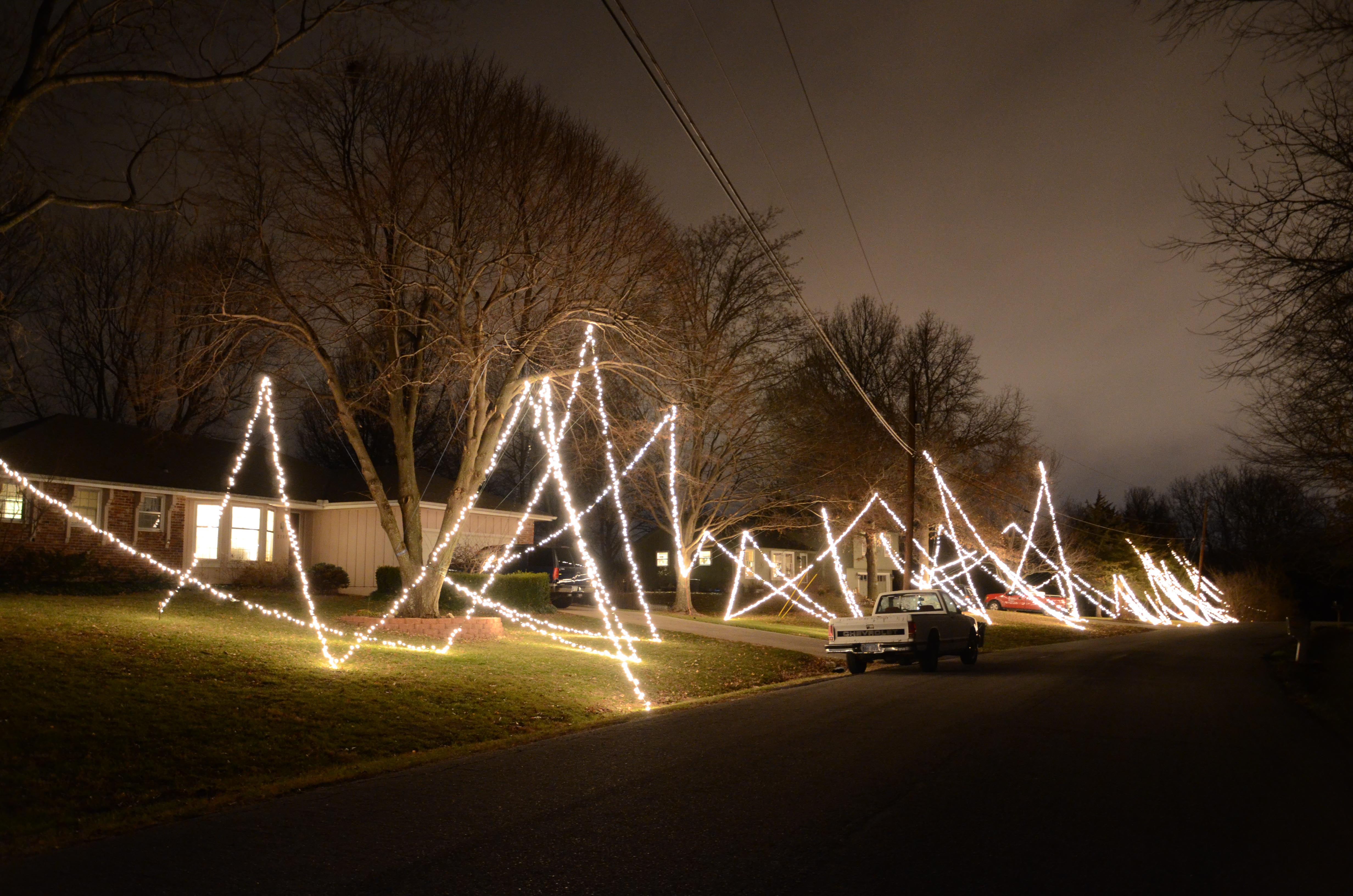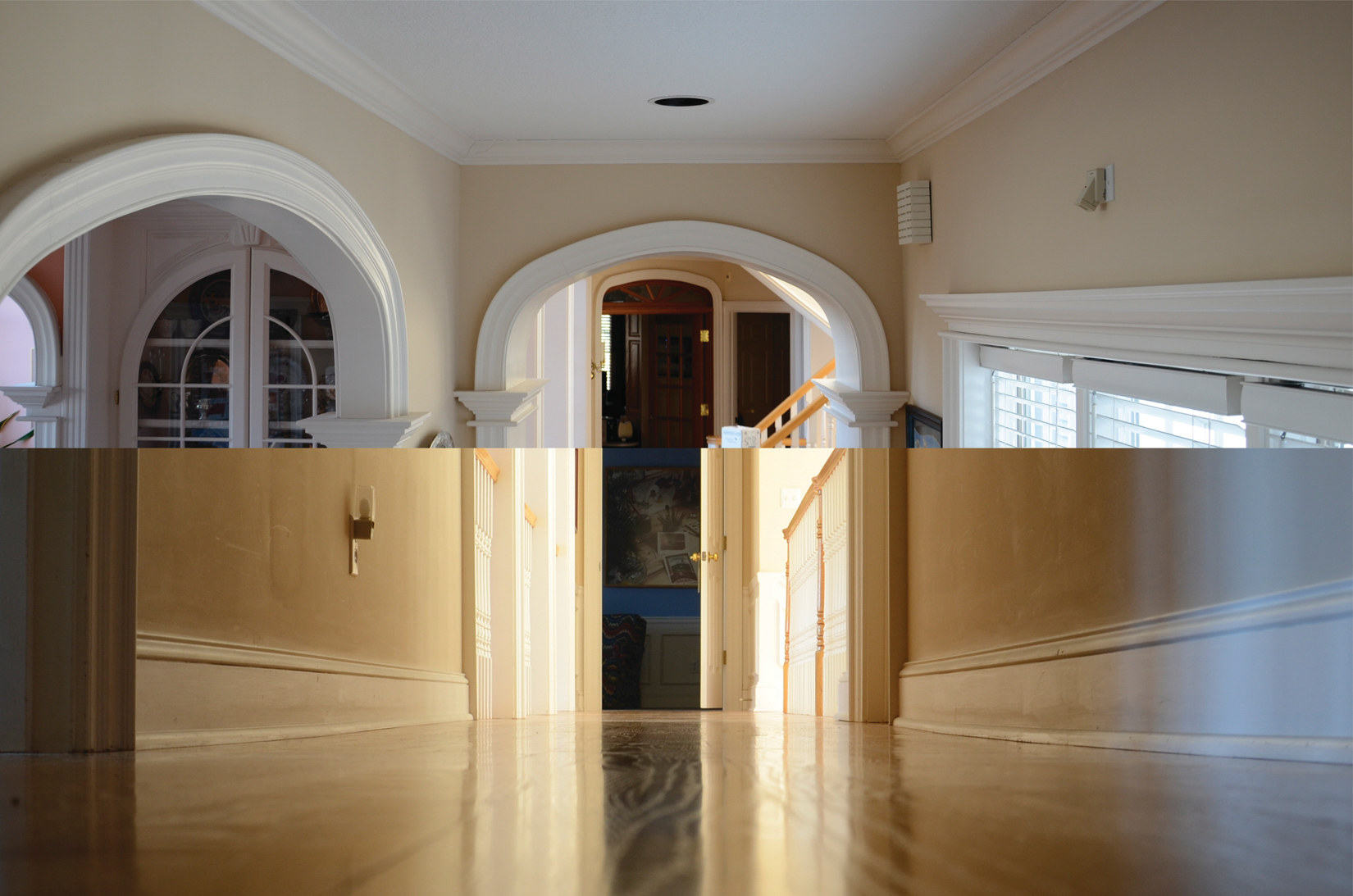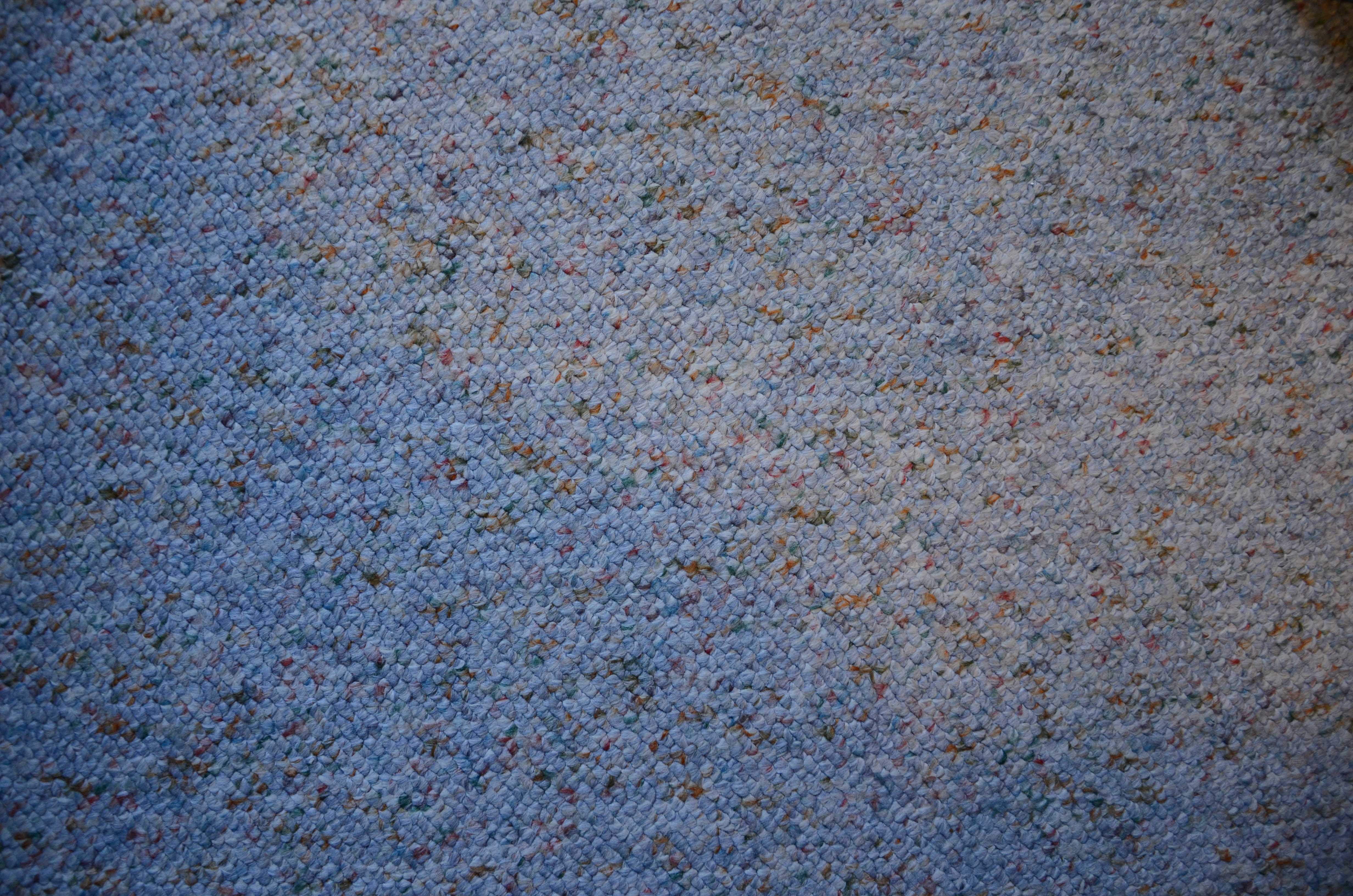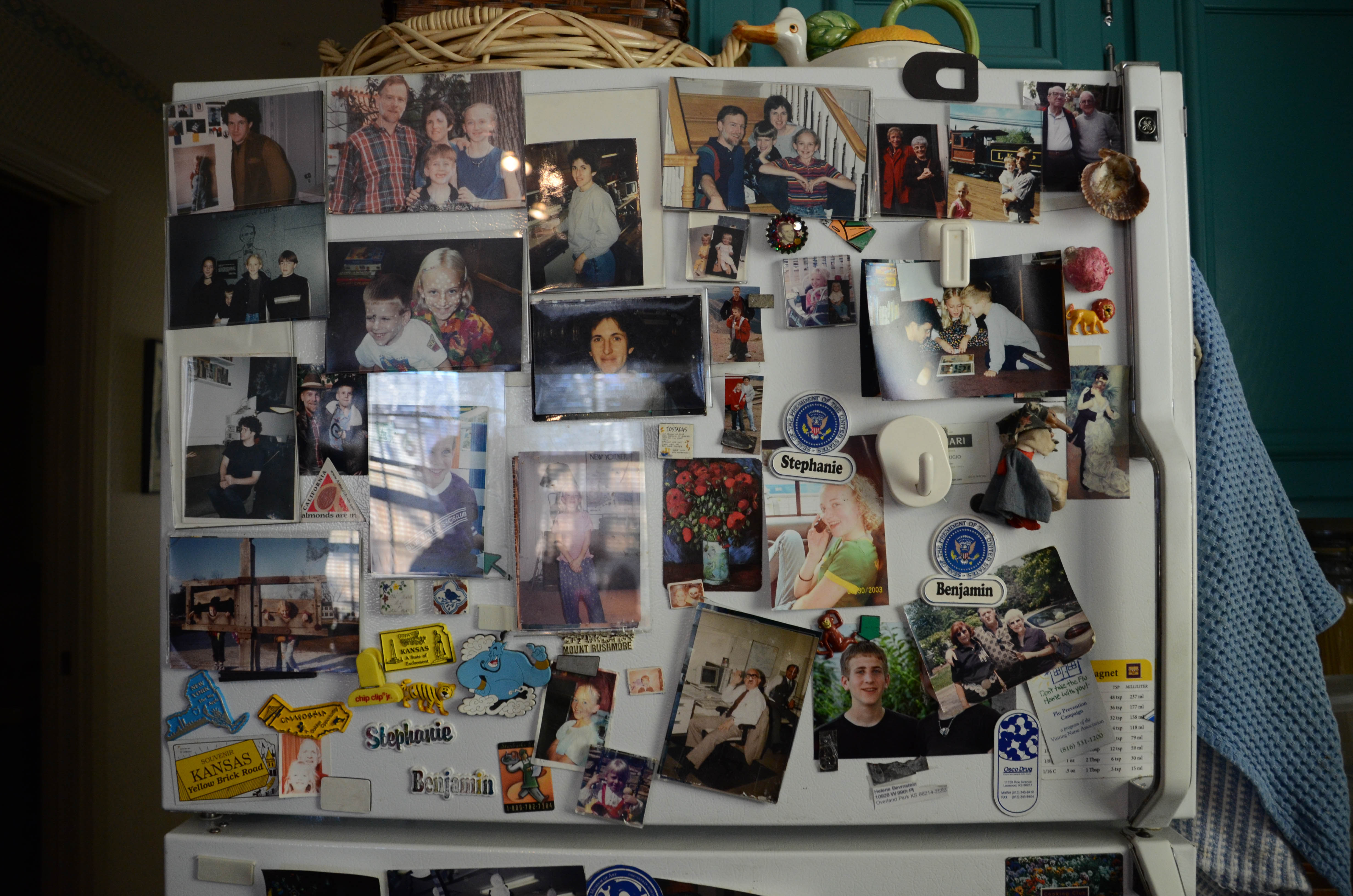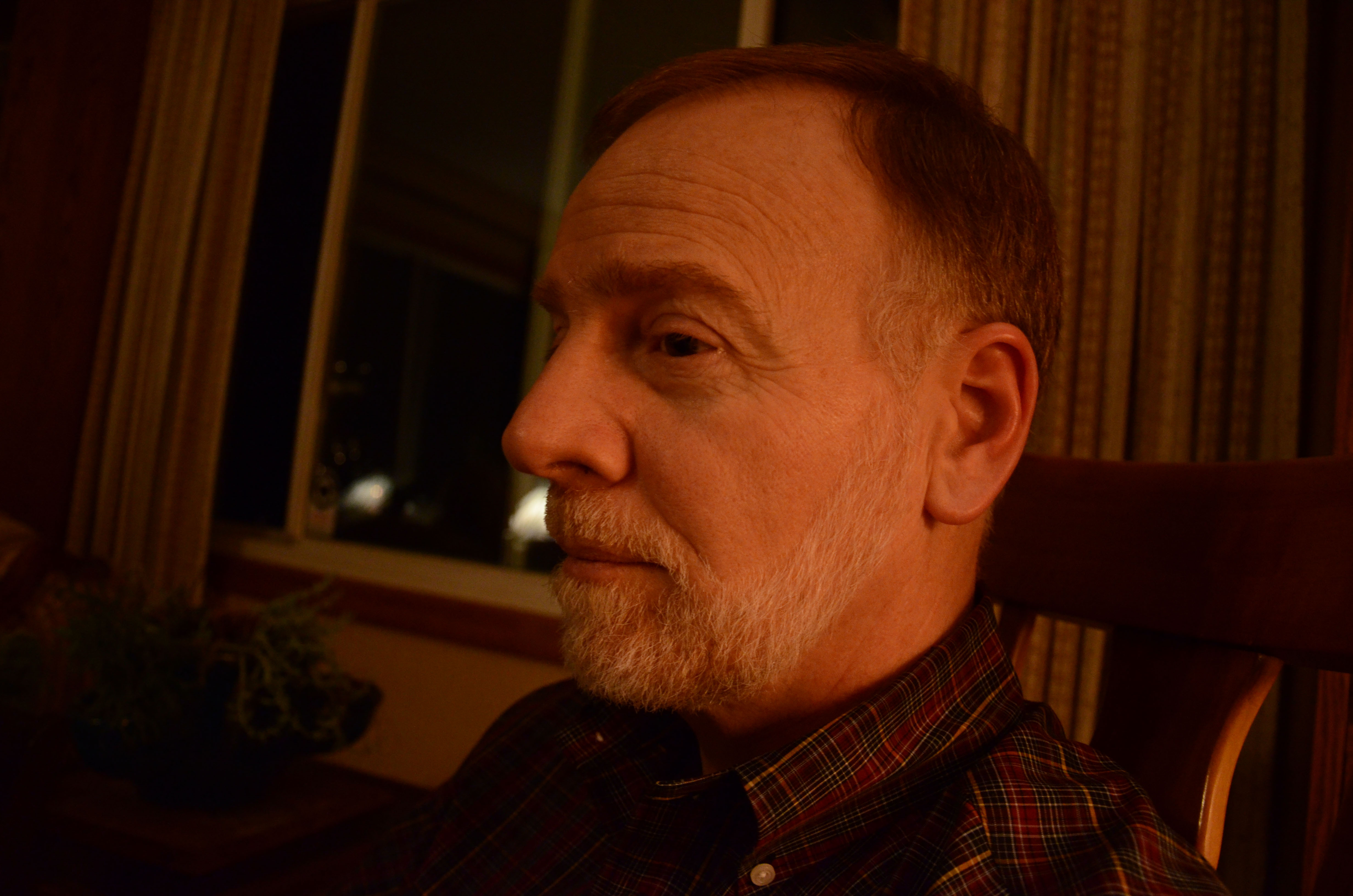Wednesday, January 11, 2012
A few words attributed by a Persian bookseller to Al-Mu'tasim are perhaps an expansion of words spoken by the hero; that and other ambiguous similarities may signal the identity of the seeker and the sought; they may also signal that the sought has already influenced the seeker.
— Jorge Luis Borges, “The Approach to Al-Mu'tasim”
Tuesday, January 10, 2012
Horizontal connections.
— Stan Alan
Monday, January 9, 2012
Secretly the avenues were circles.
— Jorge Luis Borges, “Parable of the Palace”
Sunday, January 8, 2012
I tried, in my darkness, to remember everything I knew.
— Jorge Luis Borges, “The Writing of the God”
Saturday, January 7, 2012
Well if you’ll excuse me, I’m going to go on an overnight drunk, and in 10 days I’m going to set out to find the shark that ate my friend and destroy it. Anyone that would care to join me is more than welcome.
— Steve Zissou, The Life Aquatic with Steve Zissou
Friday, January 6, 2012
Imagine a modern descendent of Piranesi with a summer job for AT&T, sent off alone with a truck, a tent, and some wire-testing equipment to explore abandoned villages in the mountains, on the hunt for internets he must single-handedly reawaken.
— BLDGBLOG, “Remnant Infrastructure”
Thursday, January 5, 2012
Will we ever be able to understand the vision of the artists across such an abyss of time? There is an aura of melodram in this landscape… could this be our connection to them? This staging of landscape as an operatic event does not belong to the romanticists alone.
— Werner Herzog, Cave of Forgotten Dreams
Wednesday, January 4, 2012
I was then taken east, in a cage. I was taken to Toronto. Then Philadelphia. And then to New York. And each time I arrived at another city, somehow the white men had moved all their people there ahead of me. Each new city contained the same white people as the last, and I could not understand how a whole city of people could be moved so quickly.
— Nobody, Dead Man
Tuesday, January 3, 2012
I’ve tried smoking a pipe, flipping coins, and I even had a brief hat phase, but nothing stuck.
— Oliver Tate, Submarine
Monday, January 2, 2012
Barnacles!
— Captain Haddock, The Adventures of Tintin
Sunday, January 1, 2012
You’ve all got to work it out for yourselves.
— Brian, Life of Brian
Saturday, December 31, 2011
Truth lives on in the illusion of Art, and it is from this copy, or after-image, that the original image will once again be restored.
— Friedrich Schiller, On the Aesthetic Education of Man via The Architecture of Happiness
Friday, December 30, 2011
Sheer space is the ultimate psychological reward of American Deserta. But in this case the reward was the more enjoyable for being delivered in false coin, for the vastness of the view proved to be an optical illusion!
— Reyner Banham, “The Vast and the Empty” Landform Building
Thursday, December 29, 2011
In this context I would like to recall that Vittorio Gregotti, in his 1966 Il territorio dell'architettura, cites turn-of-the-century German geographer Friedrich Ratzel as having coined the term “anthrogeographic.” It’s a very evocative concept emphasizing that there is no romantic nature left, that everything is manmade.
— Kenneth Frampton, Landform Building
Wednesday, December 28, 2011
What is required is a new mindset that might see the design of infrastructure not as simply performing to minimum engineering standards, but as capable of triggering complex and unpredictable urban and architectural effects in excess of its designed capacity.
— Stan Alan, Landform Building
Tuesday, December 27, 2011
Land in the Mohave Desert.
Sing for the sun.
— Cold War Kids, “Audience”
Monday, December 26, 2011
If this book’s argument is correct, then the covert subject of most poetry for the last three centuries has been the anxiety of influence, each poet’s fear that no proper work remains for him to perform.
— Harold Bloom, The Anxiety of Influence
Sunday, December 25, 2011
We should acknowledge that the question of what is beautiful is both impossible to elucidate and shameful and even undemocratic to mention.
— Alain de Botton, The Architecture of Happiness
Saturday, December 24, 2011
It’s a challenge for us to recover a sense of value.
— Michael Manfredi, Landform Building
Friday, December 23, 2011
There are no interpretations but only misinterpretations, and so all criticism is prose poetry.
— Harold Bloom, The Anxiety of Influence
